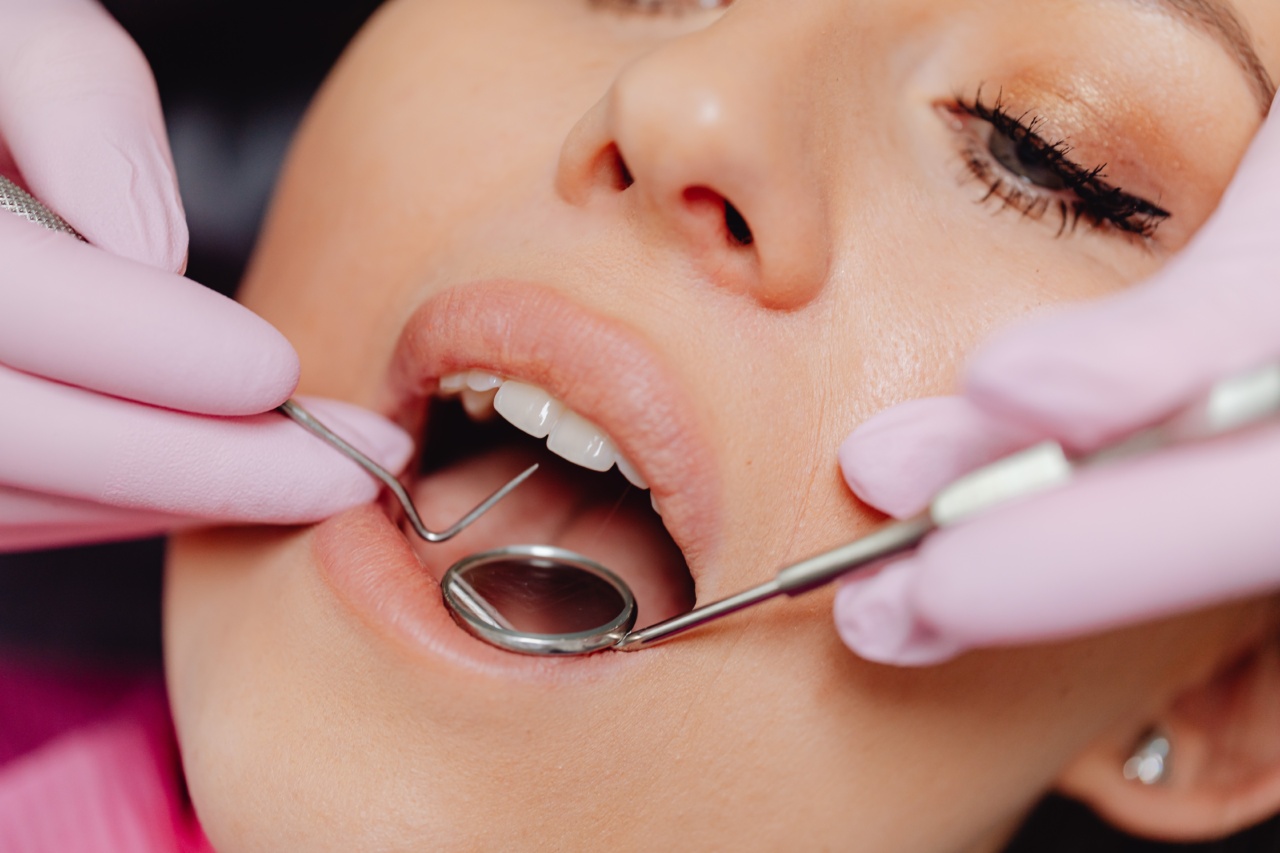During pregnancy, it is crucial for women to pay attention to their oral health as it can have a significant impact on both their own well-being and that of their unborn child.
Hormonal changes that occur during pregnancy can lead to an increased risk of certain dental issues, including gum disease and tooth decay. Therefore, maintaining good dental care habits and seeking regular dental check-ups are essential for a healthy pregnancy.
The link between pregnancy and dental health
Various hormonal changes occur in a woman’s body during pregnancy, which can affect the health of her gums and teeth. Increased levels of progesterone can cause the gums to become more sensitive, inflamed, and prone to bleeding.
This condition is known as pregnancy gingivitis, and it affects a large percentage of pregnant women. Additionally, the increased levels of estrogen can contribute to greater blood flow to the gum tissues, making them more susceptible to plaque buildup.
Pregnant women may also experience a condition called “pregnancy tumors,” which are non-cancerous growths that develop on the gums.
These tumors are typically harmless and resolve on their own after delivery but can cause discomfort and tenderness.
The risks of poor dental health during pregnancy
Ignoring dental care during pregnancy can have serious consequences for both the mother and the baby. Some of the risks associated with poor dental health during pregnancy include:.
1. Gum disease
Gum disease, specifically gingivitis, is a common oral health issue during pregnancy. If left untreated, it can progress to a more severe form called periodontitis.
Gum disease has been linked to preterm birth, low birth weight, and preeclampsia (high blood pressure during pregnancy).
2. Tooth decay
Pregnant women are at an increased risk of tooth decay due to hormonal changes, dietary alterations, and changes in oral hygiene habits. Frequent snacking and cravings for sugary foods can further contribute to dental problems.
Untreated tooth decay can cause pain and infections that may require more invasive dental procedures, which can be risky during pregnancy.
3. Potential transmission of bacteria
Oral health issues, such as gum disease and tooth decay, can lead to an increase in oral bacteria.
If a pregnant woman has an accumulation of these harmful bacteria in her mouth, there is a potential risk of transmitting these bacteria to her unborn child. These bacteria have been linked to an increased risk of premature birth and developmental issues.
The importance of dental care during pregnancy
Maintaining good oral hygiene practices and seeking regular dental care during pregnancy are crucial for several reasons:.
1. Prevention and early detection of oral health issues
Regular dental check-ups allow dental professionals to monitor your oral health and identify any potential issues early on. Early detection of gum disease or tooth decay can help prevent further complications and allow for timely treatment.
2. Treatment options during pregnancy
There is a common misconception that dental treatment should be avoided during pregnancy. However, many dental procedures are safe to perform during pregnancy, especially if they are necessary for the woman’s oral health.
Delaying necessary treatment can worsen dental problems and increase the risk of complications for both the mother and the baby.
3. Managing pregnancy-related oral health issues
If a pregnant woman experiences pregnancy gingivitis or pregnancy tumors, a dental professional can provide appropriate guidance and treatment to manage these conditions effectively.
They can offer advice on oral hygiene practices and recommend specific products safe for use during pregnancy.
Dental care tips for pregnant women
Here are some essential dental care tips for pregnant women:.
1. Maintain good oral hygiene
Brush your teeth at least twice a day using a fluoride toothpaste. Floss daily to remove plaque and food particles from between your teeth. Consider using an antimicrobial mouthwash after brushing and flossing to reduce bacteria.
2. Eat a balanced and nutritious diet
Consume a well-balanced diet rich in vitamins and minerals. Limit sugary snacks and drinks, as they contribute to tooth decay.
Opt for healthier alternatives like fruits, vegetables, and dairy products, which are beneficial for both your oral health and overall well-being.
3. Stay hydrated
Drink plenty of water throughout the day to help rinse away food particles and maintain a healthy saliva flow. Saliva plays a crucial role in neutralizing acids and protecting your teeth against decay.
4. Inform your dentist that you are pregnant
When scheduling dental appointments, inform your dentist about your pregnancy. This will allow them to take any necessary precautions or modifications during treatment to ensure your safety and that of your baby.
5. Seek regular dental check-ups
Continue with your regular dental check-ups during pregnancy. Dental professionals can monitor your oral health, address any concerns, and provide necessary treatments or recommendations.
Conclusion
Proper dental care plays a vital role in promoting the overall health and well-being of pregnant women.
Maintaining good oral hygiene, seeking regular dental check-ups, and addressing any oral health issues promptly are essential for reducing the risk of complications during pregnancy. By prioritizing dental care, pregnant women can ensure both their own oral health and the healthy development of their unborn child.



























